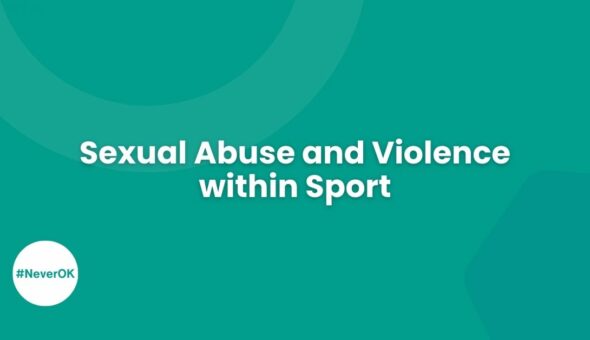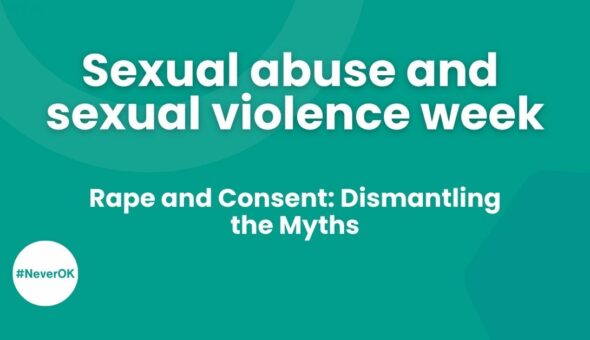As part of Sexual abuse and sexual violence awareness week, Hannah Hajzer, Communities Officer in the Students’ Union, has written a response piece to an article on rape myths in a 1982 edition of Spike, a university magazine.
Change is good. Change is necessary. Change is unavoidable. It helps humanity develop, it helps us discover new things, new ways to treat illnesses, to become more efficient and sustainable. I think we can all agree on how much the world has changed over the last 40 years. Smartphones and home computers have become the norm, granting millions the access to unlimited use of the internet, recycling has become a social expectation, many models of cars have become self-driving and numerous diseases, including smallpox, have been eradicated. But alas, one thing has not- rape myths.
“What were you wearing when it happened?” “Did you say no loud enough for him to hear?” “How much did you have to drink?” – Questions similar to these ones still arise regularly when women try to ask for help or report a case of rape. Court cases, such as the well known “Denim Day” case in 2010, where a man was declared innocent of rape charges, as the woman he attacked was wearing tight fitting jeans, which according to the court ruling, he could have not taken off by himself without help of his victim (which was viewed as consent by the court), are still not uncommon. These rulings aren’t only extremely harmful to the victims by dismissing their trauma or even putting the blame on the woman, but also to society. The faith that the victims put into the system, the judge and the jury, the doctors and the police to make the right decision and handle the case appropriately is shaken and their trust is broken. It is therefore easy to reach a point where women don’t feel empowered enough to talk about what’s happened to them but instead feel forced to carry the blame, disgust and trauma with them for the rest of their lives.
Knowing how these cases often get dealt with (or more like don’t get dealt with)- one would naturally assume that the percentage of false accusation cases are abnormally and outstandingly high. However, that is not at all the case. False accusations only happen in 2-6% of reports- exactly the same statistics as in other crime cases. So why is this the case when it comes to rape reports? Is the legal system simply too ill-equipped to deal with such criminal offenses due to the topic still being treated as a taboo in today’s society or does it have more to do with the gender inequality in the legal and medical workplace, with only about 30% of women holding senior positions in law ad medical firms in the UK?
As Community Officer at the University of Bath SU, this issue is close to my heart. I am responsible for multiple student groups that talk about this issue as well as partake in campaigns to promote and educate about consent and empower women to speak out. The “It Happens Here” student group is a newly formed society that started at the 2023-24 academic year. They provide educational material about sexual violence and aim to crush the myths and misconceptions that are circling around in society. They play such an important role in the fight against these rumours. Our Feminism and Gender Equality society has also been doing great work together with Empowered Campus, conducting a survey in order to get information about sexual violence on campus and have even initiated a meeting with the University’s Vice Chancellor.
The #NeverOK and Be The Change Campaigns have also played a crucial role in the education and empowerment of students in recent years. While #NeverOK focuses on consent and on spreading information on unacceptable behaviour, harassment and ways to find help, whereas Be The Change places a bigger focus on bystander training and teaching students about how and when to intervene or call for additional help. These campaigns alongside many of our students and student groups do amazing work at trying to make a change in society and at busting the above-described rape myths. They are setting an example to the rest of society, the rest of us, showing is what our responsibility is in driving this change forward and making not only our university and safer place but also the society we are a part of.
Respond



